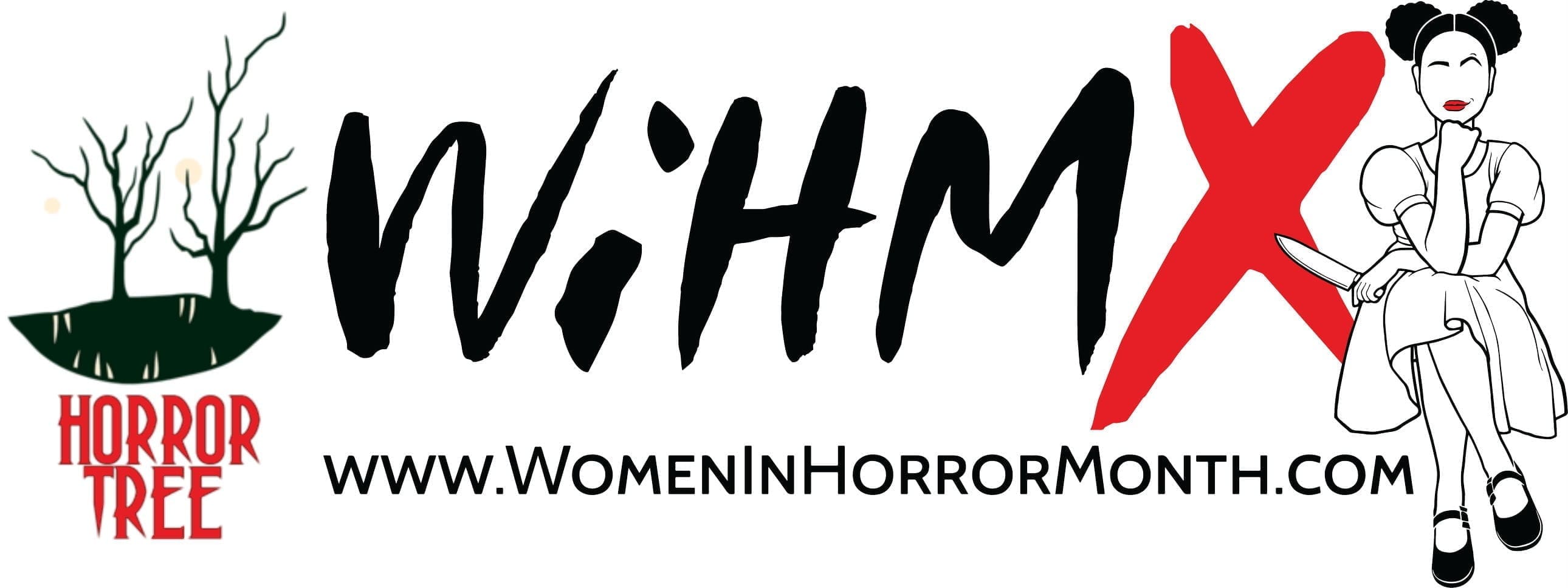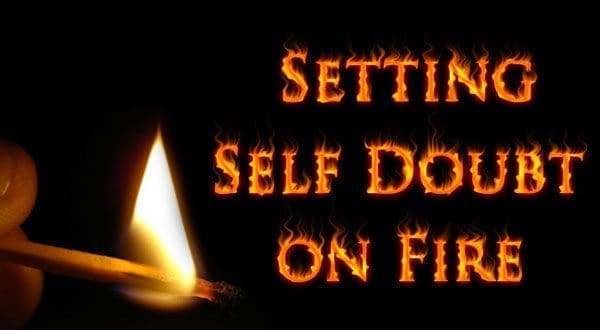WIHM: Scores for Horrors: The Underappreciated Queen of Hammer and Amicus Horror

Scores for Horrors: The Underappreciated Queen of Hammer and Amicus Horror
By: Cat Kenwell
As a young child, my Dad would allow me to watch every Universal horror movie that played on the one TV station we could pick up out in farmland. But by the time I entered my teens, I began to feed on the technicolor blood of Hammer Horror Films. They were campy, scintillating, haunting, and bursting with sex and gore.
Back then, if you’d asked me about the Hammer dames, I’d gleefully proclaim Ingrid Pitt and Barbara Shelley as my favorites. To me, they were strong women who often amused themselves by pandering to their male co-stars…even as victims, they seemed in on the game.
But for Women in Horror Month, I thought I’d talk about the other Horror Queen of the Hammer ‘genre’—that is, Elisabeth Lutyens.
Born in 1906 to renowned British architect Edwin Lutyens and his aristocrat wife Emily Bulwer-Lytton, at age nine Elisabeth told her parents she was going to become a composer. Her upper-class parents encouraged her, providing violin and piano classes. After several years of classical training, she eventually enrolled in the Royal College of Music, where she studied music composition.
Even at a young age, she was a bit of a musical iconoclast—she eschewed the elaborate, overblown classical music popular in the day (think Wagner and Mahler) and instead found her place composing avant-garde, sparsely textured compositions. With her use of 12-note progressions (a musical technique that utilizes all 12 notes of the chromatic scale more or less equally) she created discomforting cacophonies that translated exceptionally well to horror and suspense. If you’re not familiar with 12-note progressions and their psychological impact, listen here:
In an unprecedented move for the time, in 1931 Lutyens co-founded a critically recognized female-centric classical concert series with violinist Anne Macnachten and conductor Iris Lemare. The three focused on modern composers and worked together until 1936.
Lutyen had been married, then divorced during the 1930s. When Lutyen’s second husband lost his job with the BBC, she was forced to go to work in the commercial realm to support her family. She began composing for radio and TV, and in 1948 scored a feature film called Penny and the Pownall Case. This was a remarkable project for two reasons—with this work, Lutyens was Britain’s first female composer to score a feature film, and it was the first time she and Christopher Lee would work together.
Both Lutyens and Christopher Lee would go on to great success with Hammer Films and its competitor, Amicus Productions. But while each would create memorable and recognizable moments in the genre’s most popular films, only Christopher Lee would become a household name.
Lutyen’s first foray into Hammer Film music was for a creepy little child-molester thriller called Don’t Take Sweets from a Stranger. Of course, her jarring, avant-garde sounds were perfect—they created an unease that complemented the controversial film subject. This particular film still draws attention today for its unflinching perspective on pedophilia.
Her next film score was for the suitably monikered Paranoiac. Unsettling? You bet. Avant-garde? Oh yeah. And the soundscapes she presents almost organically blend with the on-screen images. I watched this film recently and it unnerved me… the soundtrack set me on edge even during the Universal logo. With this movie, Lutyen’s employment of deadly silence between punches of screaming notes made the hair stand up on the back of my neck. Of course, wonderfully so!
Here’s a glimpse into the Paranoiac score:
Elisabeth went on to score Dr. Terror’s House of Horrors, The Skull, The Earth Dies Screaming, Theatre of Death, The Psychopaths and The Terrornauts for Hammer and Amicus, and wrote the soundtrack for the comedy Don’t Bother to Knock.
Originally, Lutyens was a little insulted by the idea that she was most well-known for her work in horror and thriller films, but apparently she warmed to her nickname as “Horror Queen”.
Oh, and that Christopher Lee fellow? He got to work with Elisabeth Lutyens again—three more times.
If you’re interested in listening to Elisabeth Lutyen’s exquisite works, they are readily available. And for more info on how Hammer Films utilized her avant-garde works, check out Hammer Film Scores and the Musical Avant-Garde by David Huckvale.
And of course, we can’t forget to mention this little gem, since it’s Women in Horror Month AND we’re talking about Hammer Horror…I think Kate Bush would have been a terrific Hammer Horror Dame.
Cat Kenwell
Cat Kenwell is a writer, mediator and adjudicator living with a brain injury. Her work has appeared in Brainstorm Revolution and Chicken Soup for the Soul, and she is a contributor to Trembling with Fear. She’s currently writing a ‘real-life-horror-story’ comedy based on her experiences with PTSD and post-concussion syndrome. www.catherinekenwell.com
- About the Author
- Latest Posts
The Horror Tree is a resource for horror authors which was created in 2011. The main goal when starting the site was to include all of the latest horror anthologies and publishers that are taking paying submissions. A resource useful for both new and experienced publishers alike looking for an outlet for their written material!












Lost and found Elisabeth Lutyen’s score for MY NIGHTS WITH SUSAN, SANDRA, OLGA & JULIE (1975) to be released June 11, 2019 http://www.cultepics.com